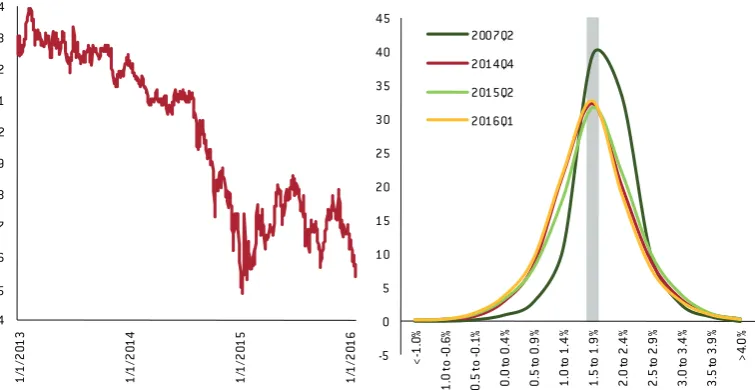The European Central Bank’s quantitative easing programme: limits and risks Bruegel Policy Contribution Issue 2016/04, February 2016
Full text
Figure




Related documents
Petrescu-Mag Ioan Valentin: Bioflux, Cluj-Napoca (Romania) Petrescu Dacinia Crina: UBB Cluj, Cluj-Napoca (Romania) Sima Rodica Maria: USAMV Cluj, Cluj-Napoca (Romania)
Within analyzes of production performances in Serbian agriculture are discussed the dynamics of agricultural production as well as partial productivity in
(v) prohibited from accepting any donation which is revocable at the instance of the donor for reasons other than a material failure to conform to the designated purposes
Benefits of focused breathing & mindfulness meditation MBSR program.. Benefits of consistent mindfulness practice Growing popularity
To achieve this, the concept of Circular Economy has been selected as an economic model with an emphasis on considering resources in a closed-loop cycle to minimize unwanted
o Recruitment of energetic, effective teachers with strong content knowledge o Teacher participation in online training modules for specific Bridge Programs o Recruitment of
When you need to run programmes that need high processing power and reliability, our ThinkPad and ThinkStation P Series are certified, and Microsoft tools are one click away.. •
As members of the Governing Council, Governors of the NCBs of the euro area are responsible for making policy recommendations on the basis of the economy of the euro area as a whole
